How to Start Emirates Careers for Freshers: Learn with AI Online. Landing a career with one of the UAE’s most prestigious organisations is a dream for many fresh graduates. Emirates Careers offers exceptional opportunities for young professionals seeking to build their future in the aviation, hospitality, and service sectors. With the advent of artificial intelligence and online learning platforms, freshers can now prepare themselves more effectively than ever before. Cabin crew emirates group careers
Understanding Emirates Career Opportunities for Fresh Graduates
The Emirates Group, including Emirates Airlines and dnata, is one of the largest employers in the Middle East. For freshers, Emirates Careers presents diverse entry-level positions across customer service, cabin crew, ground operations, IT, finance, and engineering departments. The organisation values talent, diversity, and innovation, making it an ideal workplace for ambitious graduates.
Fresh graduates should understand that Emirates seeks candidates with strong communication skills, cultural awareness, and adaptability. The company operates in over 80 countries, requiring employees who can thrive in multicultural environments. According to the UAE’s official employment portal, the aviation sector continues to be one of the fastest-growing industries in the region. Discover Emirates group brands search and apply
How AI-Powered Online Learning Prepares You for Emirates Careers
Artificial intelligence has revolutionised career preparation. AI-powered platforms offer personalised learning experiences that help freshers develop the exact skills needed for Emirates Careers. These platforms analyse your current skill level and create customised learning paths focusing on:
Communication Excellence: AI language tools help improve English proficiency, accent training, and professional communication skills essential for customer-facing roles.
Interview Preparation: AI-driven mock interview systems simulate real Emirates recruitment scenarios, providing instant feedback on your responses, body language, and confidence levels.
Industry Knowledge: Machine learning algorithms curate relevant content about aviation regulations, safety protocols, and customer service standards specific to Emirates operations.
Cultural Competency: AI platforms offer cultural sensitivity training, crucial for working in Dubai’s diverse environment.
Essential Skills to Develop for Emirates Careers Through Online Learning
Fresh graduates must focus on building competencies that align with Emirates’ recruitment criteria. Online AI platforms make this process efficient and accessible:
1. Customer Service Excellence: Enrol in AI-powered customer experience courses that teach conflict resolution, empathy mapping, and service recovery techniques.
2. Technical Proficiency: Depending on your career path, learn relevant software and systems through interactive AI tutors. For IT roles, focus on cloud computing, cybersecurity, and data analytics.
3. Safety and Compliance: Aviation safety courses available online help you understand IATA regulations and emergency procedures, demonstrating your industry readiness.
4. Language Skills: Use AI language learning apps to master Arabic basics or enhance multilingual capabilities, giving you a competitive edge.
 Step-by-Step Guide to Applying for Emirates Careers
Step-by-Step Guide to Applying for Emirates Careers
Step 1: Research and Self-Assessment Visit the official Emirates Group careers portal to explore available positions. Use AI career assessment tools to identify roles matching your qualifications and interests.
Step 2: Build Your Profile. Create a compelling CV highlighting your education, skills, and any internships. AI resume builders can optimise your application for Applicant Tracking Systems (ATS) used by Emirates.
Step 3: Skill Development Enrol in relevant online courses 3-6 months before applying. AI learning platforms like Coursera, LinkedIn Learning, and specialised aviation training sites offer certifications valued by employers.
Step 4: Application Submission Submit your application through official channels. According to the UAE Ministry of Human Resources and Emiratisation (MOHRE) guidelines, always use verified recruitment portals to avoid scams.
Step 5: Interview Preparation Utilise AI mock interview tools to practice common Emirates interview questions. Focus on behavioural scenarios and your motivation for joining the organisation.
Leveraging AI Tools for Continuous Career Development
Success in Emirates Careers doesn’t end with getting hired. AI-powered learning platforms support continuous professional development:
- Skill Gap Analysis: AI identifies areas needing improvement based on performance reviews
- Microlearning: Short, focused lessons fit into busy work schedules
- Networking Intelligence: AI tools suggest professional connections and networking opportunities
- Career Path Planning: Predictive algorithms recommend advancement opportunities within the Emirates Group
Government Resources and Support for UAE Job Seekers
The UAE government actively supports citizens and residents in their career journeys. The official MOHRE website (https://www.mohre.gov.ae) provides comprehensive information about labour rights, employment services, and career development programs. Fresh graduates should also explore the UAE’s National Qualifications Authority portal for recognised certifications.
Additionally, the Dubai Government’s career services platform offers guidance on professional development aligned with the UAE’s Vision 2031 economic objectives.
Common Mistakes to Avoid When Pursuing Emirates Careers
Fresh graduates often make preventable errors:
- Incomplete Applications: Ensure all documents are properly uploaded and information is accurate
- Generic Resumes: Customise your CV for each specific Emirates role
- Neglecting Soft Skills: Technical knowledge alone isn’t sufficient; emotional intelligence matters
- Ignoring Company Culture: Research Emirates’ values and demonstrate alignment during interviews
- Unrealistic Expectations: Start with entry-level positions and plan for career progression
Success Stories: From Fresh Graduate to Emirates Professional
Many successful Emirates employees began as freshers who invested in online learning. They utilised AI-powered platforms to master interview techniques, improve language skills, and understand aviation industry standards. Their preparation, combined with determination, led to rewarding careers with competitive salaries, global exposure, and excellent benefits.
Conclusion: Your Emirates Career Journey Starts Today
Emirates Careers offers fresh graduates unparalleled opportunities for professional growth in the UAE’s dynamic aviation sector. By leveraging AI-powered online learning platforms, you can develop the precise skills, knowledge, and confidence needed to succeed in the competitive recruitment process. Start your journey today by identifying your target role, enrolling in relevant courses, and preparing systematically for your Emirates career.
Remember, the combination of quality education, AI-enhanced learning, and persistent effort creates the perfect formula for launching a successful career with Emirates. The future of your professional journey begins with the decision to invest in yourself through smart, technology-driven learning.


 Step-by-Step Guide to Applying for Emirates Careers
Step-by-Step Guide to Applying for Emirates Careers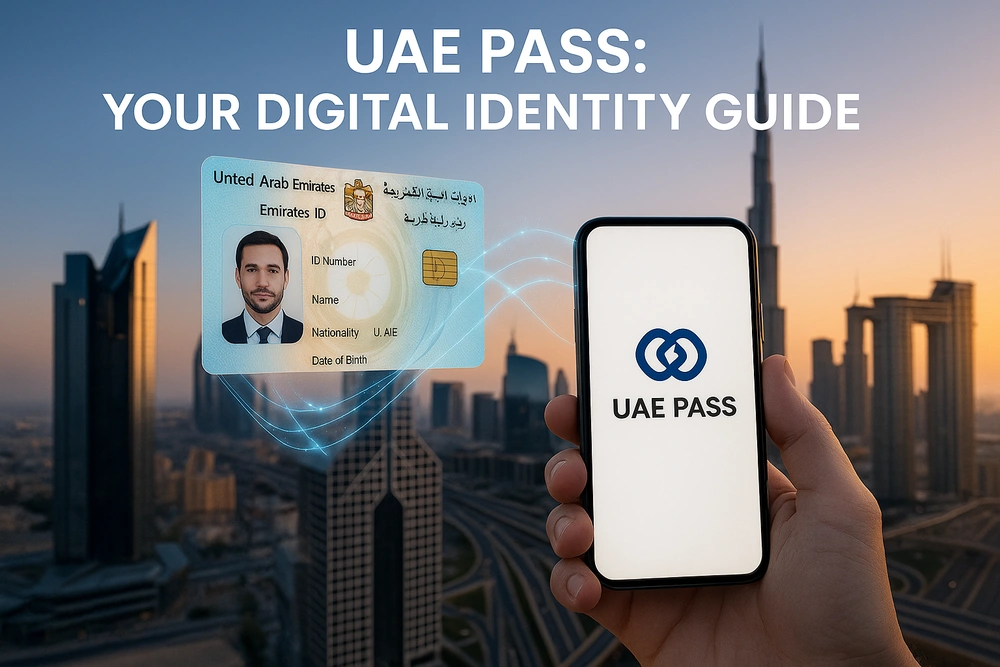

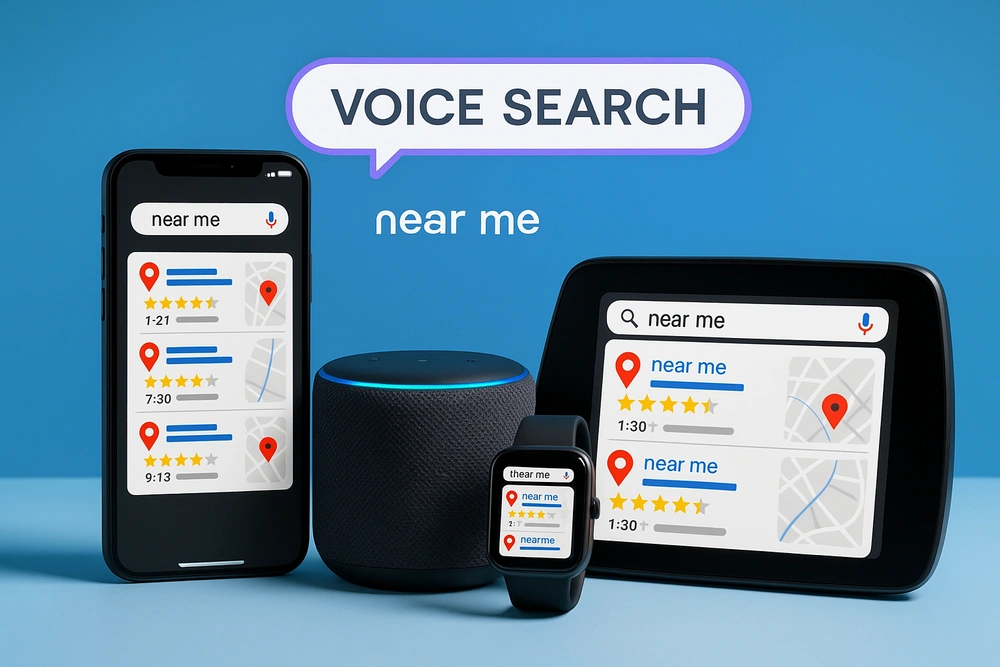 Optimise Technical Elements for Voice
Optimise Technical Elements for Voice
 AI-Powered Personalisation for Growth
AI-Powered Personalisation for Growth
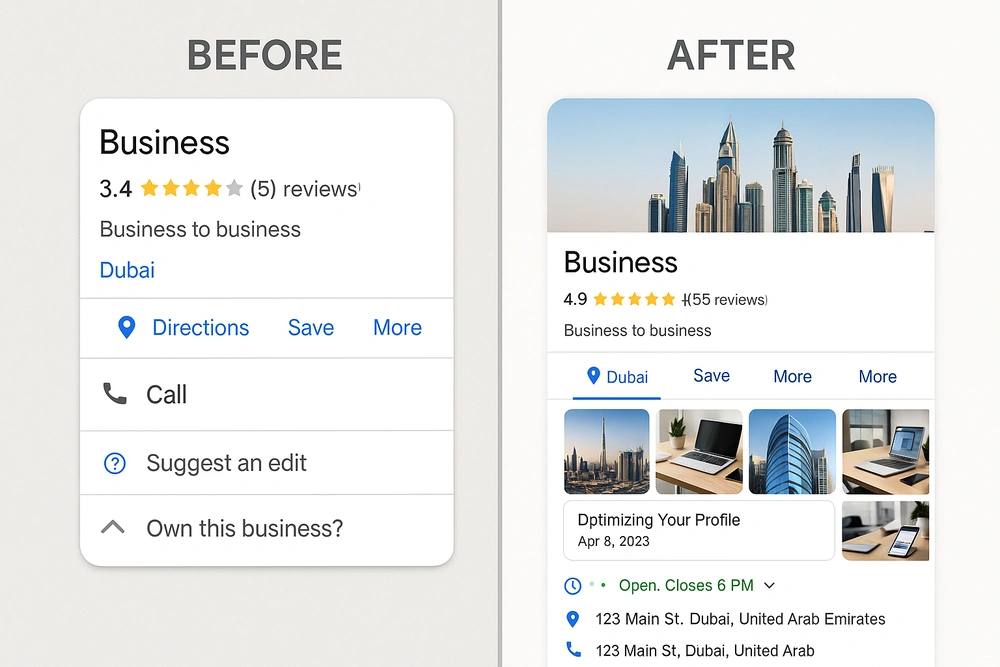 Create Location-Specific Pages
Create Location-Specific Pages
 7. Data Analytics and Performance Tracking
7. Data Analytics and Performance Tracking
 Practical Implementation Strategy
Practical Implementation Strategy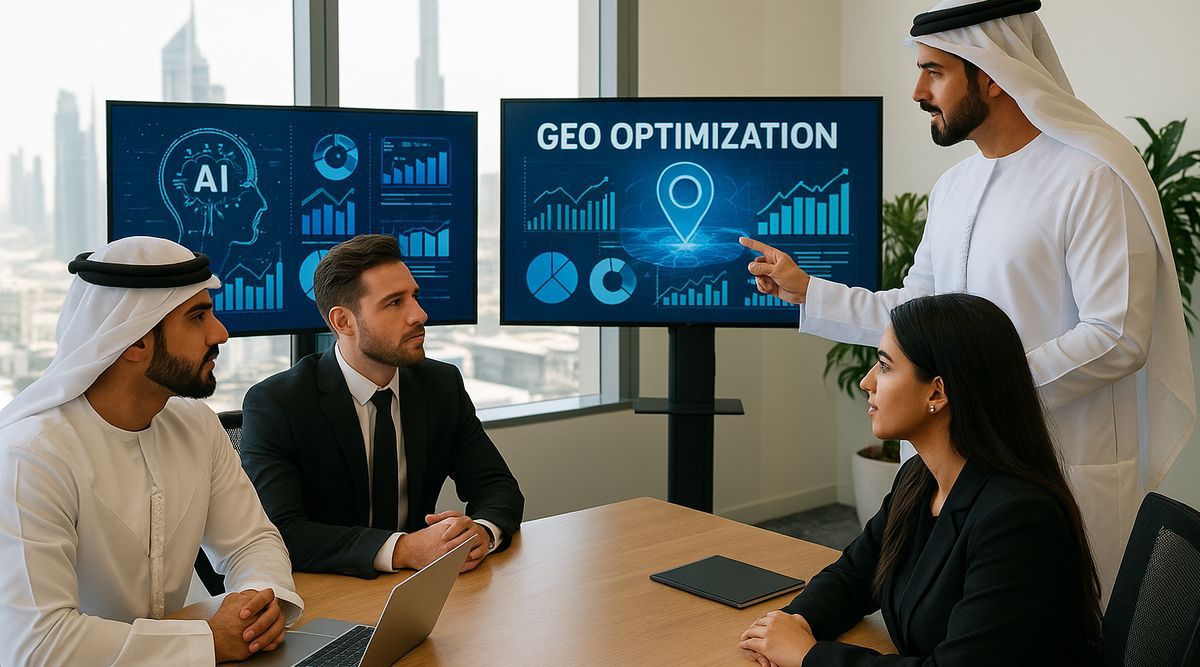
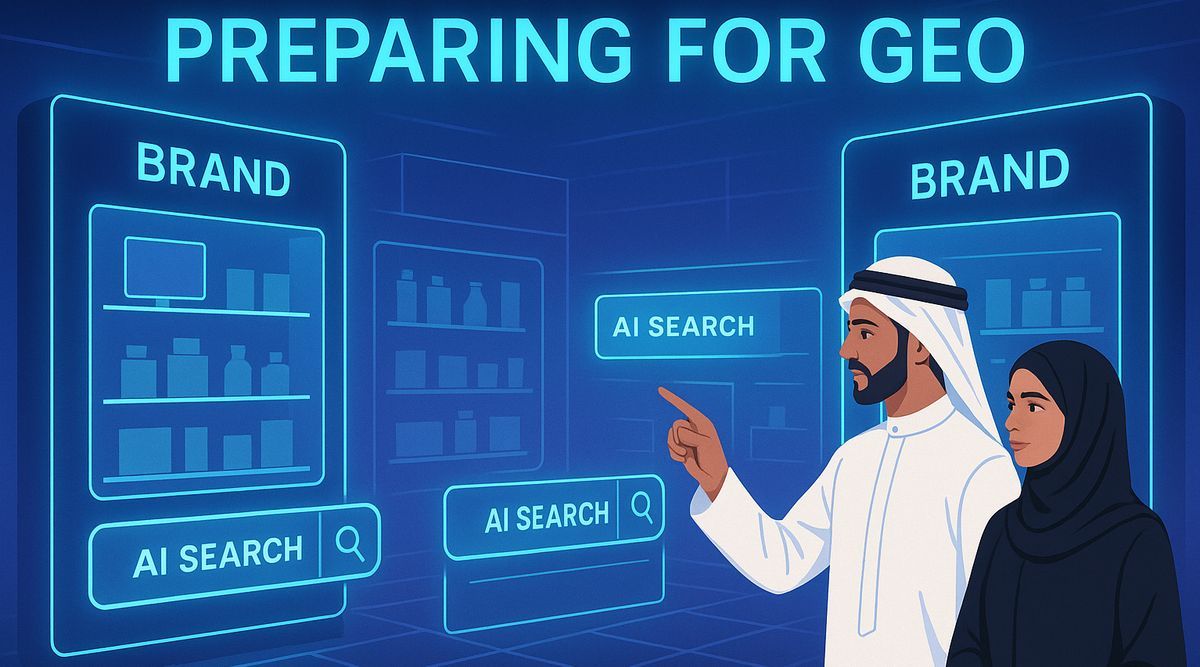 The Technical Side of Preparing for GEO
The Technical Side of Preparing for GEO

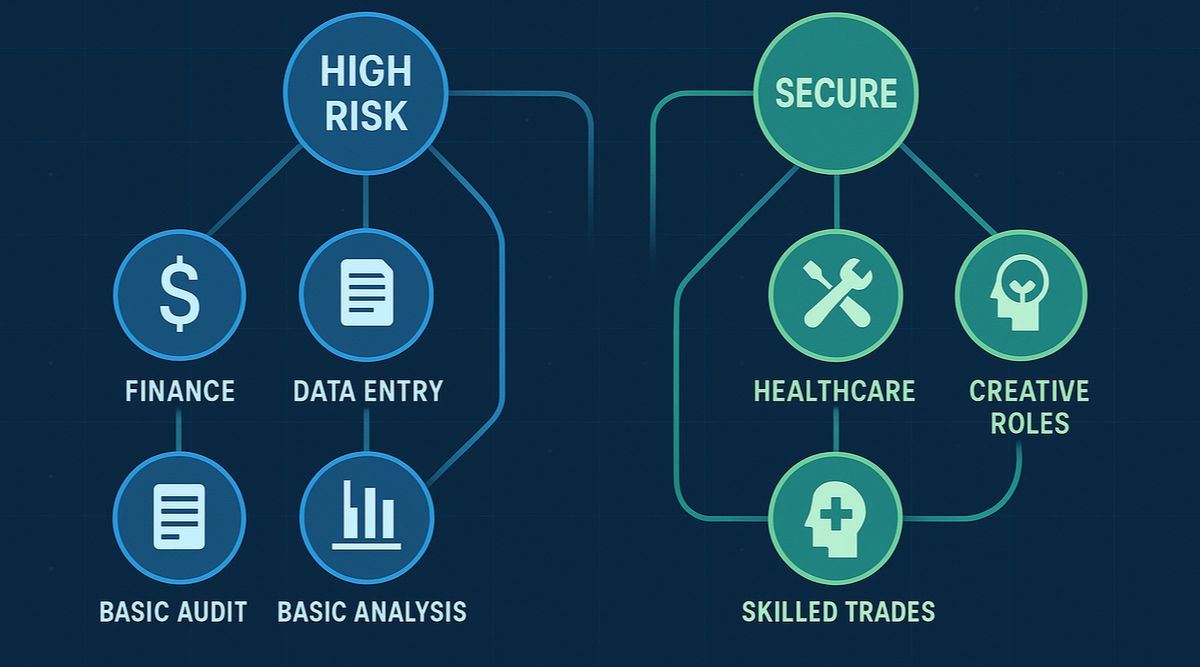 Jobs That Are Safe from AI Replacement
Jobs That Are Safe from AI Replacement